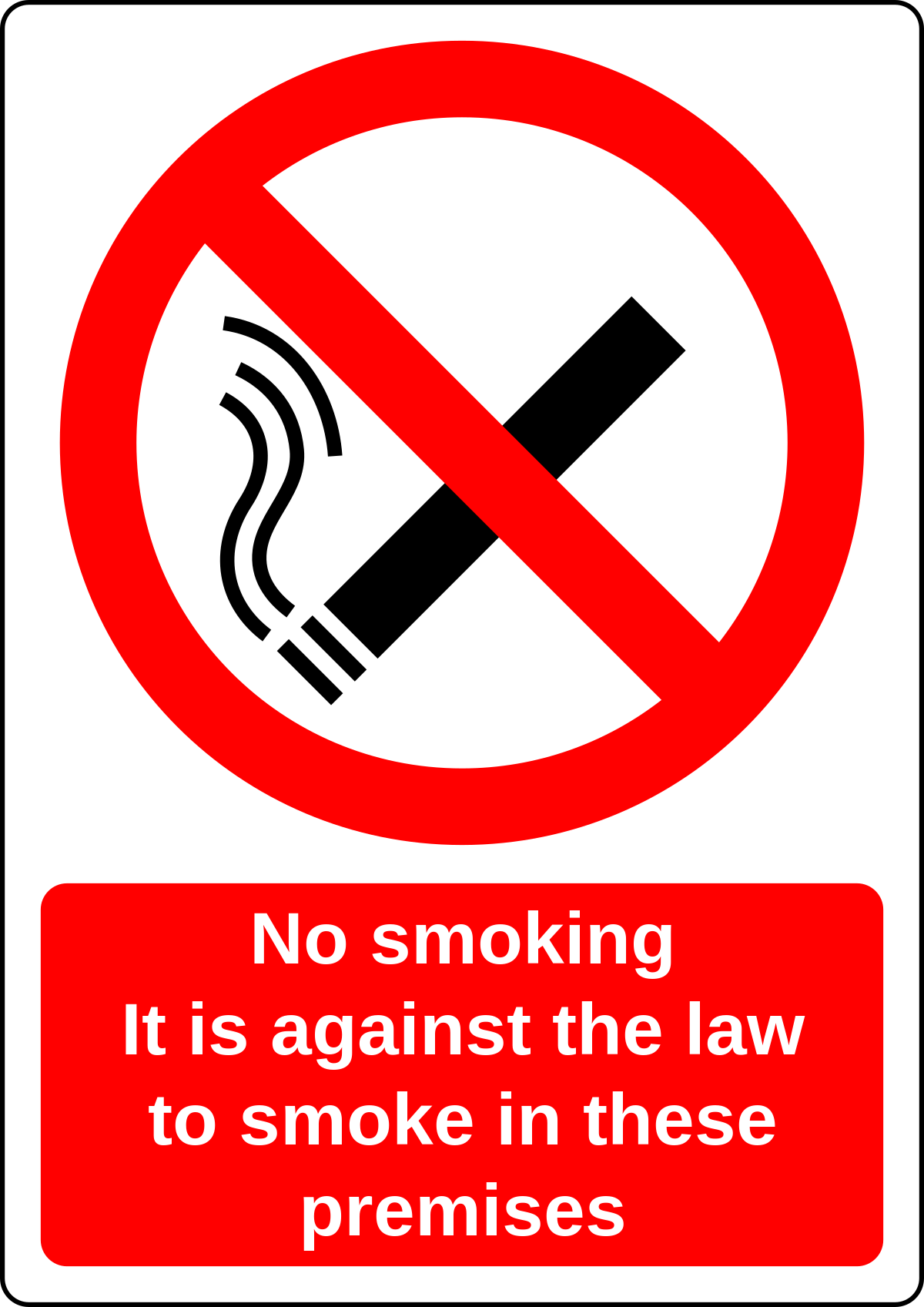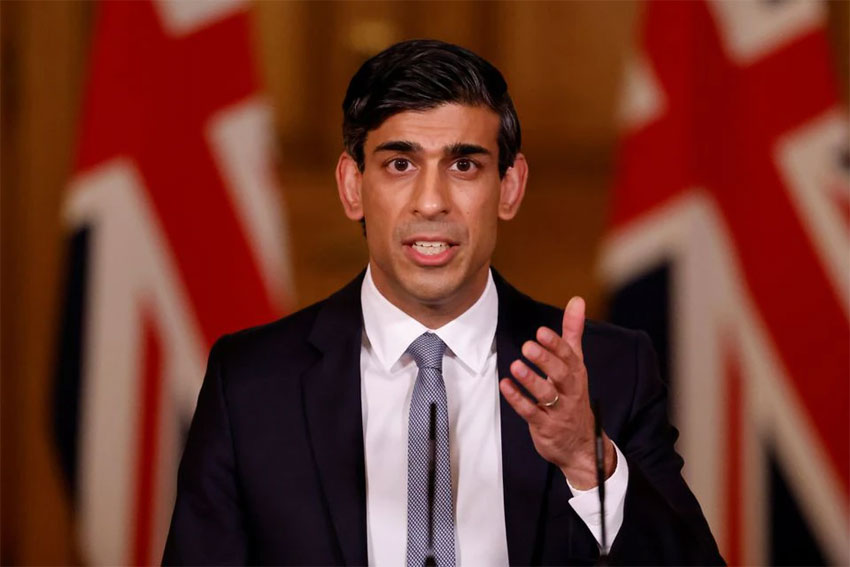In an unprecedented move that’s sparking global conversation, the UK parliament is making headway on a contentious issue: a ban on smoking. This landmark decision, sure to be a watershed moment in public health history, has been met with a variety of reactions, reflecting the complexity of the issue at hand. Supporters believe it will dramatically impact health standards while opponents question the boundaries of individual freedoms.
As the world watches, waiting for the final results, the tension is as thick as the smoke clouding a bustling London pub. Stay with us as we chronicle this momentous turn of events, the arguments on both sides, and the potential ramifications for Britain and beyond. Brace yourself as we delve into the heart of this crucial debate and examine the pros and cons as the nanastoto UK parliament votes on a smoking ban. From the backbenches of the House of Commons to the smoky rooms of local taverns, the issue is heating up, and we’re here to keep you abreast of the latest developments.
The History of Smoking Regulations in the UK
The UK’s relationship with tobacco has a long and winding history, dating back to the 16th century when the plant was first introduced to the nation. Originally heralded as a medical marvel, smoking soon became a societal norm, with tobacco being widely consumed by the population. The health risks associated with smoking were not recognized until the mid-20th century, a revelation that led to the first set of smoking regulations in the UK.
The 1965 ban on cigarette advertising on television marked the initial legislative step towards smoking regulation. This was followed by the Health Act 2006, which made it illegal to smoke in all enclosed work spaces, including bars and restaurants. Despite these measures, smoking remains a significant public health concern, prompting the current proposed ban on smoking.
Now, we stand on the precipice of a new era in tobacco control, as the UK parliament votes on a total smoking ban. This decision has plunged the country into a heated debate. The question is, why now? What has driven the UK Parliament to consider such a drastic measure?

Why the UK Parliament is Voting on a Smoking Ban
The decision to vote on a smoking ban emerges from a combination of factors. Key among these is the ongoing public health crisis. Despite previous regulations, smoking remains the leading cause of preventable deaths in the UK. The high rate of smoking-related illnesses and deaths has placed a significant burden on the NHS, prompting the government to reconsider its approach to tobacco control.
Moreover, there is a growing recognition of the dangers of second-hand smoke. Non-smokers exposed to second-hand smoke face a higher risk of developing lung cancer and other respiratory conditions. This has raised concerns about the rights of non-smokers, contributing to the push for a smoking ban.
The UK government’s commitment to creating a smoke-free society by 2030 has also played a role. A total smoking ban is seen as a radical but necessary step towards achieving this goal. But what would this mean for UK citizens and businesses?
The Implications of a Smoking Ban for UK Citizens
The proposed smoking ban has significant implications for UK citizens. For smokers, this legislation could mean a complete overhaul of their lifestyle. It forces them to either quit smoking or face legal repercussions. While this may be a tough transition, it could ultimately lead to improved health and longevity.
Non-smokers stand to benefit from a smoke-free environment. The ban would protect them from the harmful effects of second-hand smoke, improving overall public health. However, it also raises questions about personal freedom and individual choice. Will the government’s attempt to protect public health infringe on individual liberties?
While the health benefits are undeniable, the ban could also lead to a black market for tobacco products. This could have unforeseen consequences, including a rise in crime rates. So, while the intent is right, the implementation of such a ban requires careful consideration.
The Implications of a Smoking Ban for UK Businesses
The proposed smoking ban also has far-reaching implications for UK businesses. Pubs and restaurants, many of which rely on smoking clientele, may see a decline in patronage. They would need to reinvent their business models to adapt to a smoke-free society.
Tobacco companies would face an existential crisis, forced to either shut down or pivot to alternative products. This could result in job losses and have a significant impact on the economy. On the other hand, businesses in the health and wellness sector could see a surge in demand, as smokers seek assistance to quit.
Overall, the economic impact of the ban is uncertain. It could lead to financial losses for some sectors, while opening up new opportunities for others. But how does the public feel about this?

Public Opinion on the Proposed Smoking Ban
Public opinion on the proposed smoking ban is divided. Many support the ban, citing the undeniable health benefits and the need to protect non-smokers. However, others are against it, arguing that it infringes on personal freedoms and could lead to unintended consequences.
A significant segment of the population believes that education and awareness campaigns about the dangers of smoking are a better approach than an outright ban. They argue that providing people with information and supporting them to make informed decisions is more effective and respects individual autonomy.
Nevertheless, if the ban is implemented, it will be a significant change for the UK public. It will be interesting to compare this with the experience of other countries that have implemented smoking bans.
Comparisons with Smoking Bans in Other Countries
Around the world, several countries have implemented smoking bans to varying degrees. Bhutan, for instance, is currently the only country with a complete ban on the sale and production of tobacco. However, the effectiveness of this ban is debatable, with a thriving black market for cigarettes.
On the other hand, countries like Ireland and Norway have implemented smoking bans in public places, leading to a significant reduction in smoking rates and smoking-related illnesses. These countries have demonstrated that such bans can be effective, but they also highlight the need for complementary measures such as public education and support for smokers trying to quit.
These international experiences offer valuable lessons for the UK. They emphasize the need for a multifaceted approach to tobacco control, combining legislation with education and support.
The Future of Smoking in the UK
The future of smoking in the UK hinges on the upcoming parliamentary vote. If the ban is approved, it could mark the beginning of a smoke-free era. However, the road to a smoke-free society will be a challenging one, requiring significant public education and support for smokers.
The ban could also lead to a shift in societal attitudes towards smoking. Smoking could move from being a socially acceptable habit to a frowned-upon activity. This cultural shift could play a crucial role in creating a smoke-free society.
Regardless of the outcome of the vote, the discussion around the smoking ban has brought the issue of smoking and public health into the spotlight. This awareness could lead to increased efforts to reduce smoking, whether through legislation or other means.
Health Benefits of a Potential Smoking Ban
The health benefits of a potential smoking ban are significant. A ban could lead to a substantial reduction in smoking rates, resulting in fewer cases of smoking-related illnesses such as lung cancer, heart disease, and chronic respiratory conditions. This could relieve the burden on the NHS, freeing up resources for other health concerns.
Moreover, a ban would protect non-smokers from the harmful effects of second-hand smoke. This could lead to a reduction in cases of lung cancer and other conditions among non-smokers.
While the health benefits are significant, they need to be weighed against the potential negative consequences. These include the potential for a black market for tobacco products and the impact on individual freedoms.

Potential next steps
As the UK Parliament votes on a smoking ban, the nation and the world watch with bated breath. This momentous decision could usher in a new era in public health or stir up a hornet’s nest of controversy.
Regardless of the outcome, the debate has highlighted the complexity of the issue. It is clear that a multifaceted approach is needed, combining legislation with public education and support for smokers. If you found this exploration of the smoking ban insightful, you might also enjoy our deep dive into the world of online gaming. Our article on Game Online delves into how digital games are reshaping entertainment, social interactions, and even economic models. So, if you’re curious about another dynamic and evolving landscape, please consider reading our article about Game Online.




